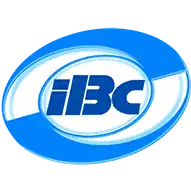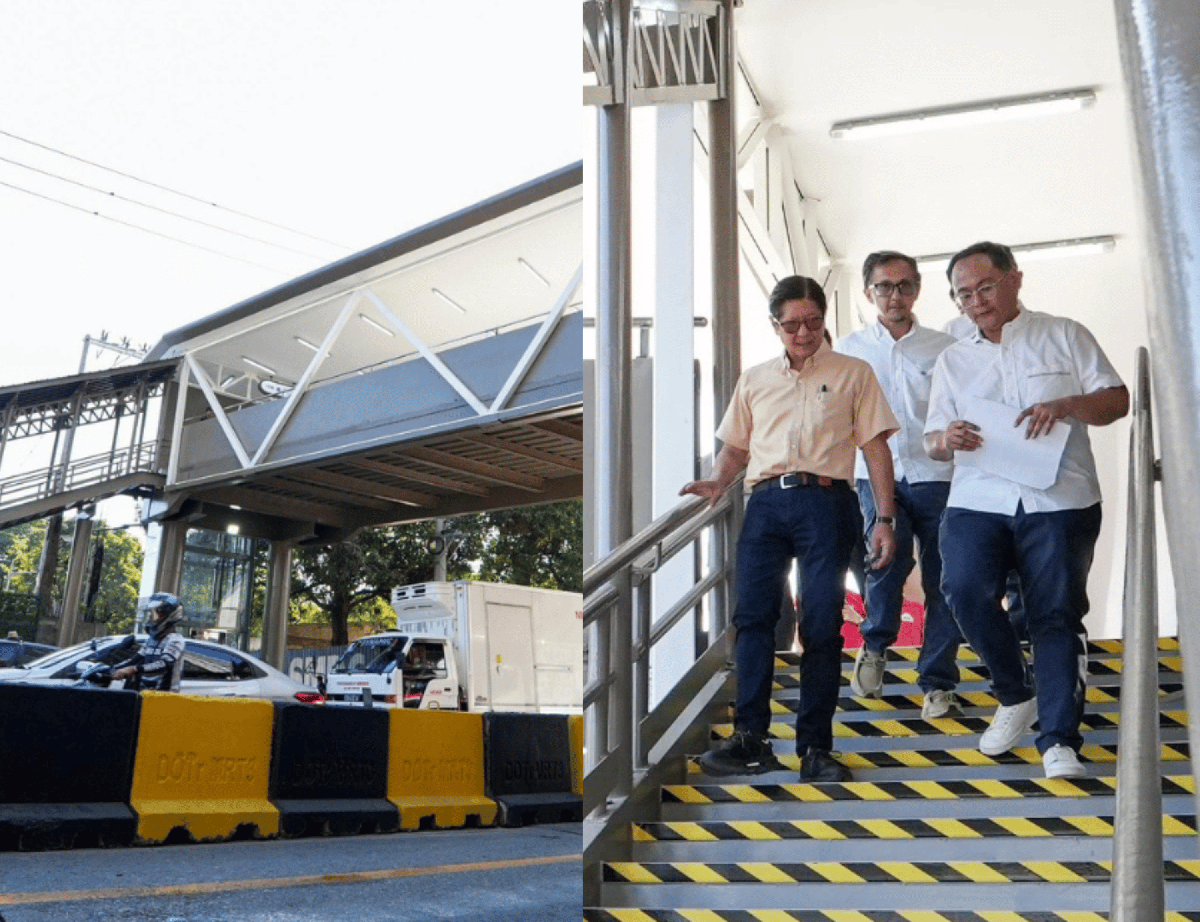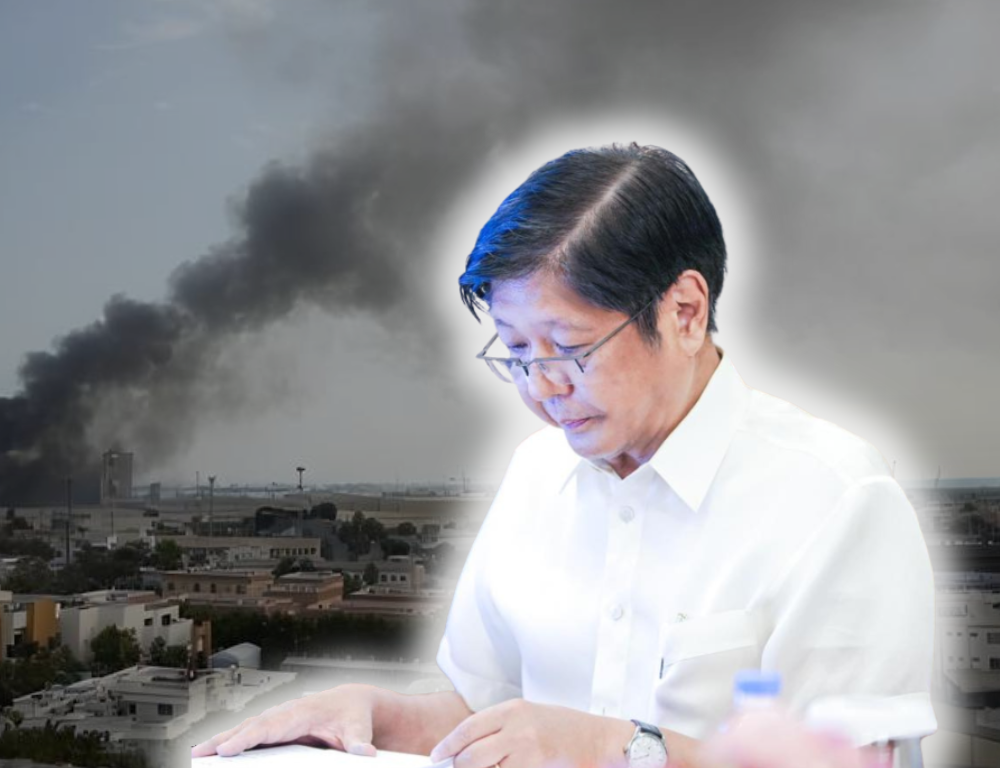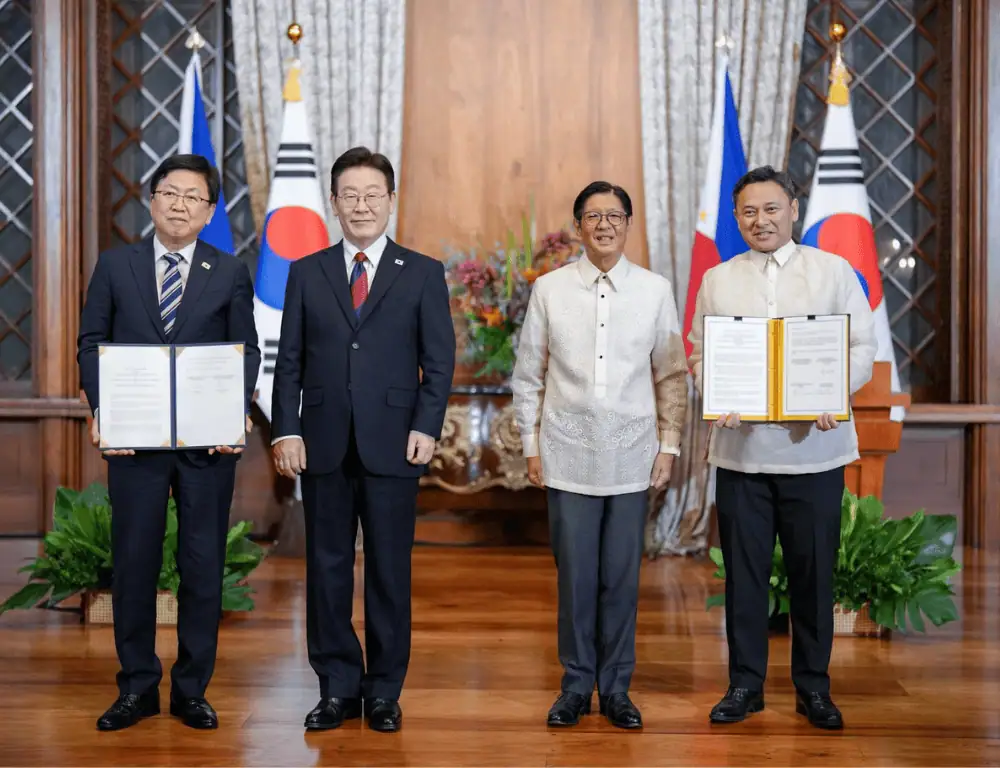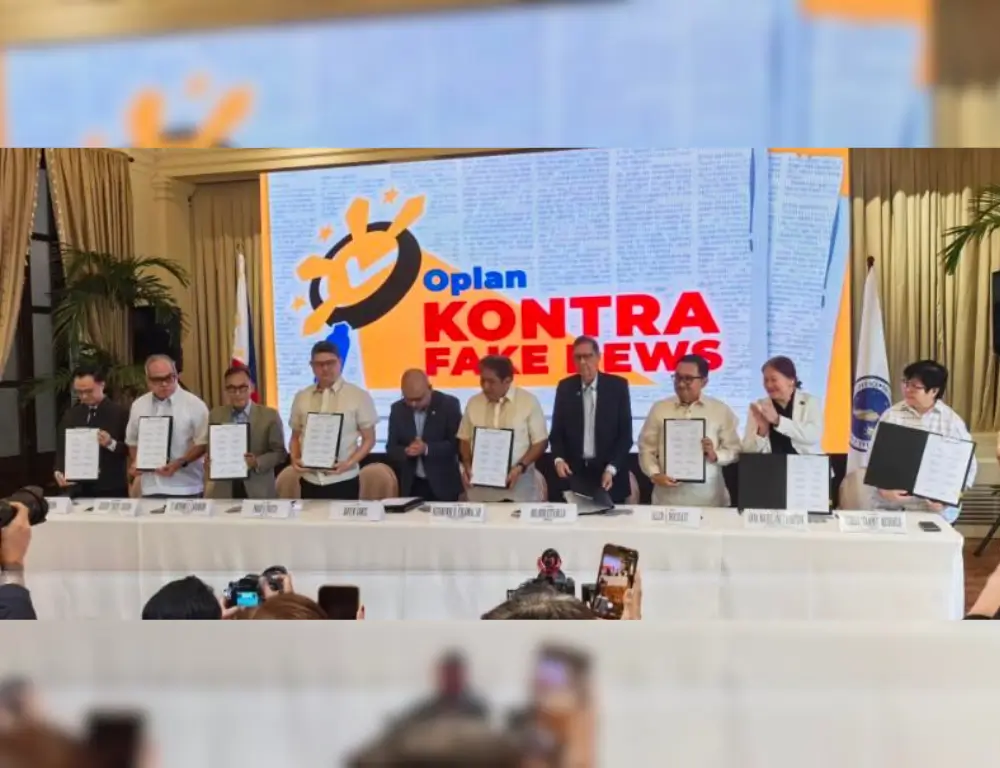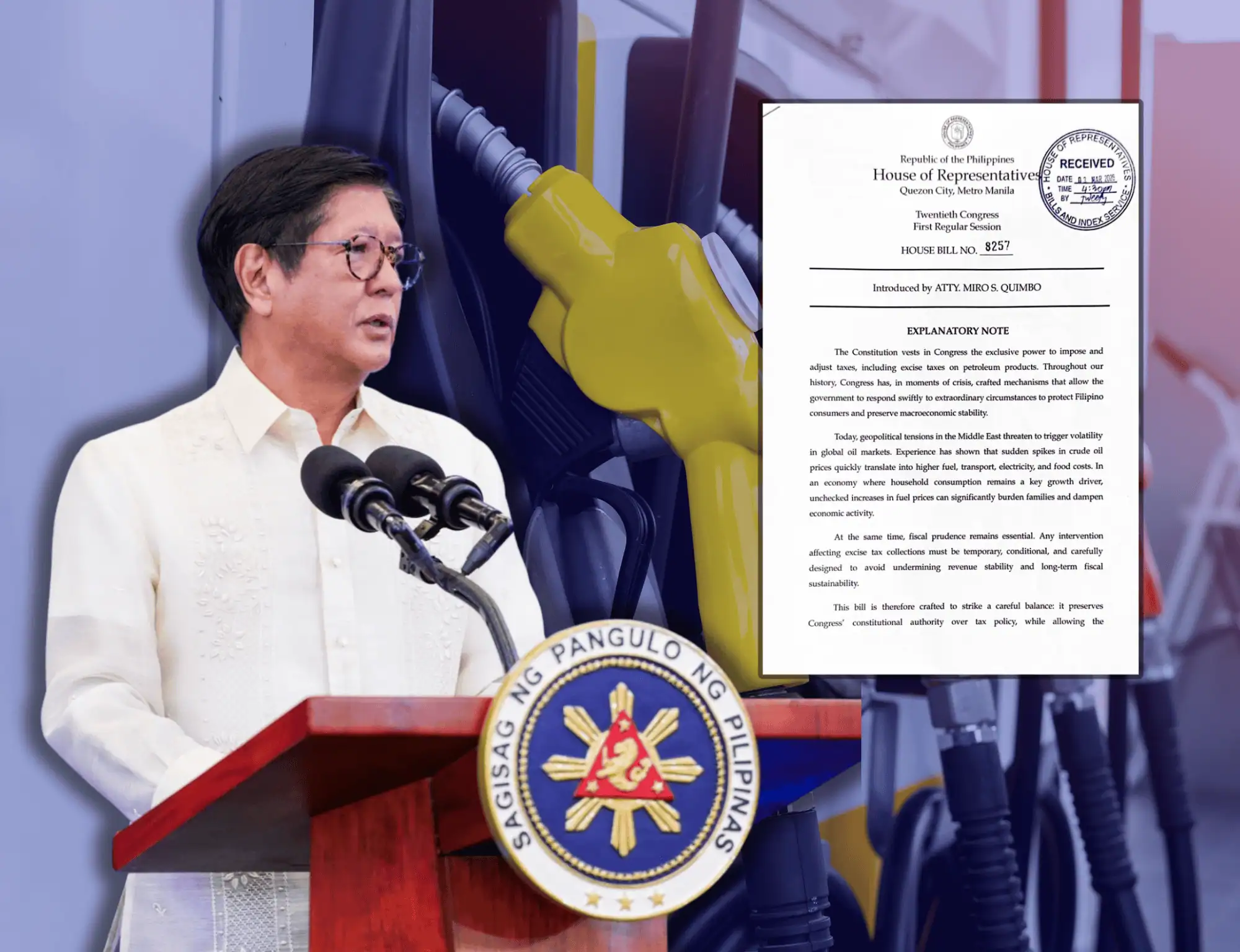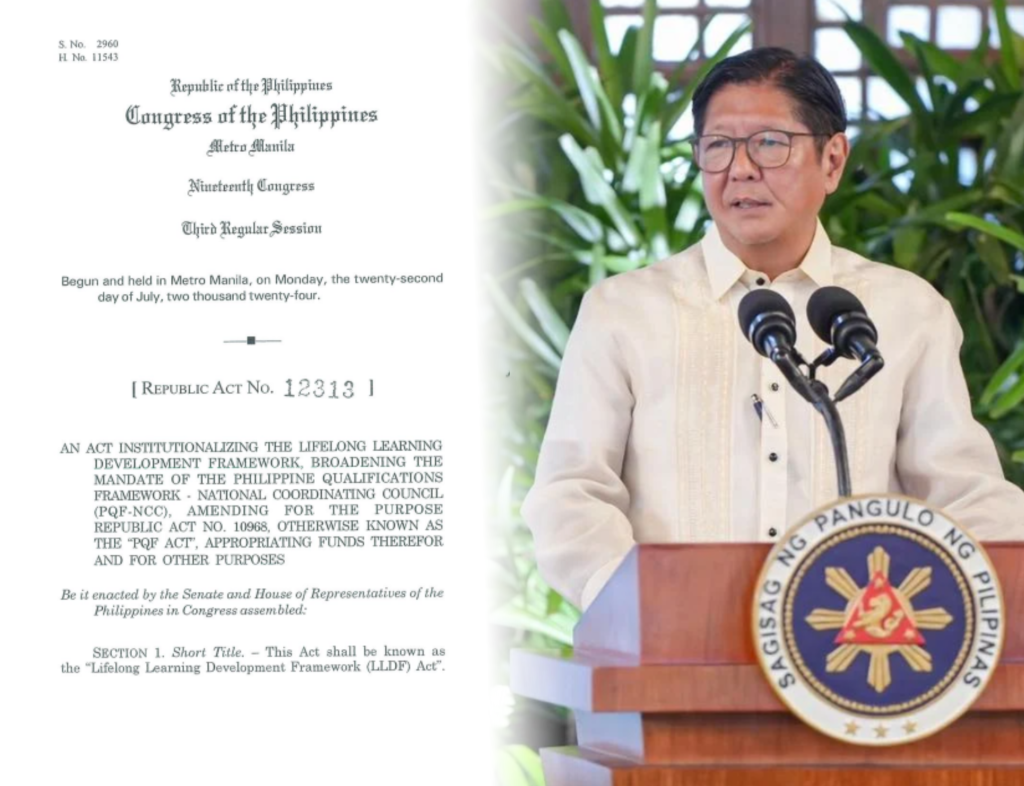
President Ferdinand R. Marcos Jr. has signed into law a measure institutionalizing the Lifelong Learning Development Framework (LLDF), in a bid to promote universal literacy and improve access to quality education.
Under Republic Act (RA) 12313 signed by Marcos on Oct. 23, the LLDF will serve as a blueprint for advancing and promoting lifelong learning programs across cities, municipalities, villages, and learning providers.
The law provides that the LLDF must promote functional literacy at all levels of society and inclusive learning in the educational system, as well as revitalize learning in families and communities.
The framework must also facilitate learning for and in the workplace; extend the use of modern learning technologies; enhance the quality of learning; and foster a culture of learning throughout life, according to RA 12313.
RA 12313 establishes inter-sectoral coordination mechanisms to involve governmental and non-governmental organizations and the private sector in building learning cities, municipalities, or villages to encourage and boost resource mobilization and utilization.
The new law also includes the Secretaries of the Department of the Interior and Local Government and the Department of Trade and Industry as additional members of the Philippine Qualifications Framework- National Coordinating Council (PQF-NCC).
The PQF-NCC’s mandate has also been expanded, authorizing it to formulate, implement, review, and amend the LLDF; formulate a master plan or the promotion of lifelong learning; and monitor and evaluate the master plan and work with the local government units (LGUs) on its mandatory implementation.
The council must also include in its annual report to the Office of the President, the Senate of the Philippines, and the House of Representatives its progress and accomplishments in relation to the LLDF.
Within six months from the effectivity of RA 12313, the PQF-NCC is directed to formulate a national master plan to promote lifelong learning that aligns with and supports the objectives and priorities of the Philippine Development Plan.
“The master plan shall serve as a strategic blueprint for the promotion of lifelong learning and the establishment of learning cities, municipalities, or barangays across the country,” the law read, adding that the master plan should be reviewed every five years to ensure its alignment with evolving national development goals and stakeholder needs.
RA 12313 instructs heads of LGUs designated as learning cities, municipalities, or villages to guide and support activities for the promotion of lifelong learning, whether initiated by them or by a lifelong learning provider.
The heads of learning providers offering lifelong learning are mandated to submit an annual report to the appropriate government agency which has jurisdiction over them, detailing the programs offered, number of attendees, and other relevant data necessary to assess the success of the lifelong learning program.
A copy of RA 12313 was made public on Wednesday.
Meanwhile, Senator Joel Villanueva on Wednesday said the law would enable local government units to establish “learning cities” and “learning municipalities” that promote continuous education and skills upgrading for Filipinos.
Villanueva, principal author and sponsor of the measure, said the law fosters a culture of lifelong learning by allowing communities to create customized educational programs that respond to local workforce and technological needs.
He thanked Marcos for signing the measure, noting that it fulfills his long-time advocacy to make education a continuous process.
“The new law completes our advocacy to establish a comprehensive framework for education and skills upgrading support for our workers,” Villanueva said.
